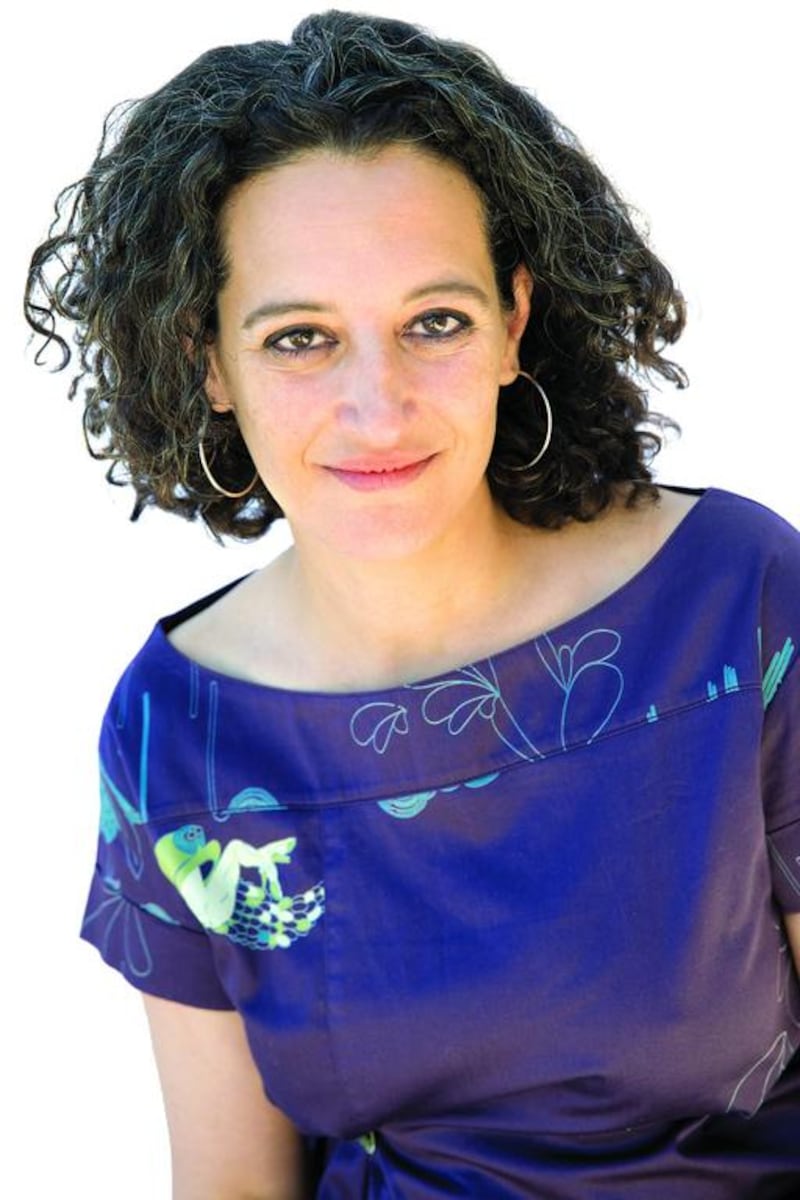Rasha Salti has been picking Arab films to screen at the Toronto International Film Festival (TIFF) for a few years now. But her job is not getting any easier.
“The selection process is becoming more and more agonising because there are so many good films,” says Salti, who watched more than 50 films before inviting only six from the Middle East and North Africa (Mena) to TIFF, which is running until Sunday.
“I am finding that Arab filmmakers are daring to be much more creative than in the past 20 years,” she says. “They were insanely creative in the 60s and 70s – poets, and they made exquisite and totally wild films – and now something is back.”
Economic hardship and political turmoil in parts of Mena are certainly themes that have seeped into many of this year’s picks. And one of the most important effects of the Arab Spring on filmmakers has been the “lifting of self-censorship”, says Salti.
“There is a general wisdom that comes from the market that wants to push films to fit certain formulas, to become more mainstream – and I think our filmmakers are doing the exact opposite.”
Countries represented by films at this year’s TIFF include co-productions from Iraq, Syria, the Palestinian Territories, Jordan, Lebanon and Qatar, along with three of Salti’s picks that credit the UAE.
“The film festivals for the region are playing a wonderful role, not only in becoming essential platforms for [screening] but for securing an atmosphere conducive to cooperation,” says Salti.
Yet, balancing the film’s geographic territories, or the feelings that they evoke, for that matter, were not factors she considered.
Rather, Salti says she tried to balance film genres – hence the mix of conventional essay-like and animated documentaries, as well as one director’s fiction-feature debut.
During her selection process, Salti says she worried that viewers would perceive some of the films “chiefly as a substitute for news because the political imperative is so overpowering”.
She adds: “But it so happens this year that the films I’ve invited come from places that have been tremendously in the news.”
Silvered Water, Syria Self-Portrait, for one, relies on thousands of clandestine videos shot by ordinary Syrians. The documentary is co-directed by Ossama Mohammed, who was living in exile from the country in 2011 when he received a noteworthy Facebook message from Wiam Simav Bedirxan, a Kurdish activist. She asked him: "If your camera were here, in Homs, what would you be filming?"
Two other films – The Valley and The Narrow Frame of Midnight, Tala Hadid's fiction-feature debut – "have this beautiful metaphysical dimension about the state of the world at war," says Salti.
A few productions, including The Valley, have benefited from filmmaking grants from Sanad, the Abu Dhabi Film Festival's development and post-production fund.
Iraqi Odyssey, which was awarded a Sanad grant in 2011 as well as in 2013, has been on Salti's radar for a few years due to its "completely surprising representation of the history of Iraq". It was chosen, in part, for showcasing historic, archival footage in a riveting 3-D format.
The Wanted 18, another Sanad-supported pick, combines stop-motion animation, drawings and interviews to tell the true story, from the first intifada, of the Israeli army's pursuit of 18 cows whose independent milk production on a Palestinian farm was viewed as a security threat. Such techniques are uncommon in Arab documentaries, Salti says, which attracted her to this particular film.
“The beauty of working with Arab cinema is you expect a Palestinian film to be either depressing or indignant,” she says. “This year, the funniest film is the Palestinian documentary. In Arab cinema, you’re never on solid ground with regard to rules or codes.”
artslife@thenational.ae





